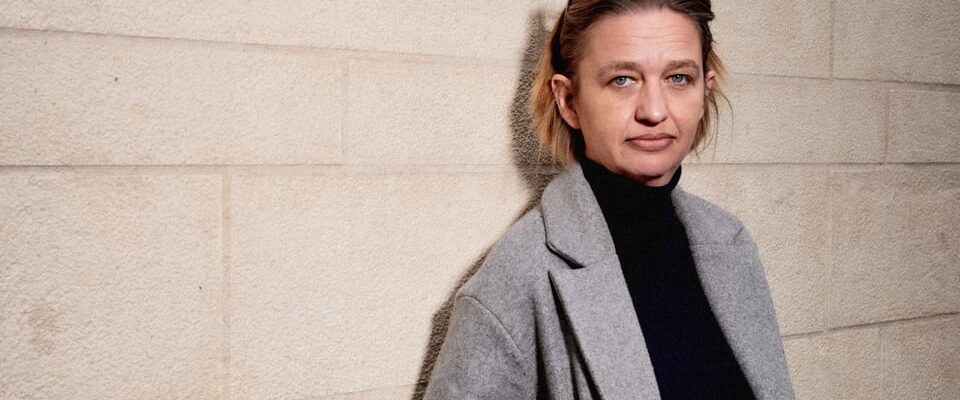Contents
Poverty creeps up quietly. The Austrian author Daniela Brodesser knows this from her own experience. In her book “Poverty” she describes what it means to be poor in a rich country.
Anyone who has school-age children knows the notes from the teachers: “Please give 4 francs for the work by tomorrow!”
Most parents won’t worry about this and will have the coins ready. But with some parents such a sum is not readily available, as is the case with the author Daniela Brodesser, whose family lived in poverty for years.
It takes time to realize poverty
Her youngest, fourth child was born with an illness that required intensive care and made it impossible for her to work. Her husband lost his job due to burnout. Unemployment benefit and later social assistance were not enough: the child’s treatment cost money – and the health insurance company did not cover everything.
Legend:
The Austrian Daniela Brodesser wrote down her personal experiences of poverty.
Christopher Glanzl
“It takes an average of 18 months before you realize you’ve slipped into poverty,” writes Daniela Brodesser in her book. «From the point at which you lose your job, can no longer work as before due to illness or work precariously. Until the point at which a repair or additional payment is no longer possible, one hopes and believes that things will soon improve again.»
contempt and shame
You try to keep up as long as possible, save money when you go to the hairdresser, and do without new clothes. Brodesser is also troubled by the general suspicion that those affected by poverty only want to pocket social benefits, are lazy and have only themselves to blame.
Tax evasion, for example, causes much greater damage than social fraud. This is rarely an issue in the media. “I wonder why? Because we always prefer to step down », the Austrian author points out in her book.
Poor people are not wanted, they are tolerated at most.
The poor withdraw to escape all unsolicited advice, scorn, and shame. “The poor are no longer seen as people, only as a cost factor and treated accordingly,” says Daniela Brodesser.
Poverty affects 15 percent of the population
A society that measures success primarily in terms of money stigmatizes poor people as failures. They cannot take part in social life and are excluded. “You feel out of place. You are not wanted, you are tolerated at most.”
What Daniela Brodesser describes in her book affects around 15 percent of the population in Austria, Germany and Switzerland. But the poverty in these rich countries is largely concealed. That shouldn’t be the case if this society is really about enabling everyone to lead a dignified existence, says Brodesser.
How do we end poverty?
What to do? “Network, exchange ideas with others and see that poverty affects many,” writes Brodesser. The author gives this tip to those affected. She has a whole catalog of tasks ready for politics: education, compatibility of work and family, away from traditional role models. It can’t be that single parents – mostly women – fall into poverty because of a breakup, she writes.
She would like to see more poverty-sensitive staff in the offices and better information for those in need. Her own story has made her a poverty expert. Today, Daniela Brodesser draws public attention to poverty by giving lectures, writing columns – and now this book, which is well worth reading.
